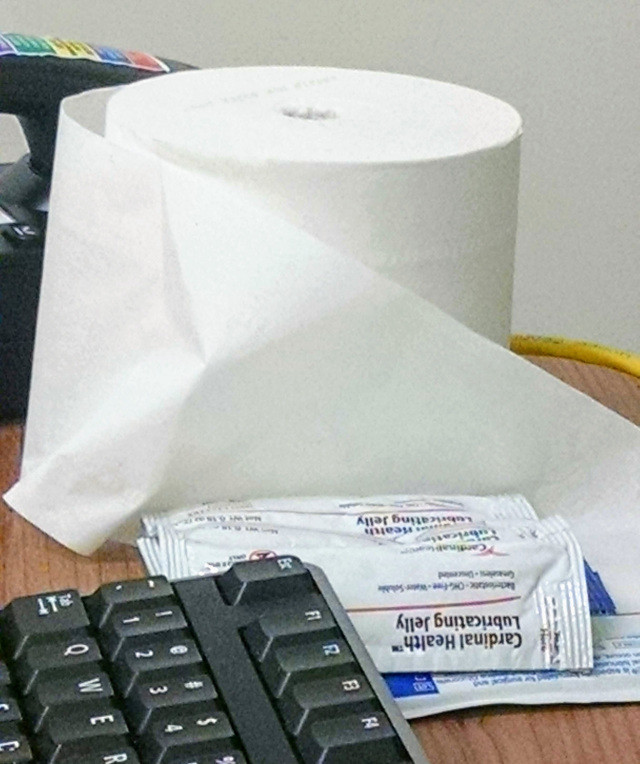Well, I didn’t expect that…
I met with the urologist this afternoon—a new one to my case—and he was personable but very direct.
We talked about the goofy PSA reading and he wasn’t all that concerned about it. It appeared to be lab error and dismissed it as pretty much meaningless. But what followed caught me a little off-guard. “The one thing you absolutely do not want to do is start treatment.” He was quite emphatic. His reasoning was several-fold.
First, he talked about over-treatment given my numbers and pathology. He was looking at how long it took for the PSA to return post-surgery (nearly five years) and how slowly it’s been increasing (PSA doubling time / velocity). Those were positive indicators to him. Treatments like radiation and hormone therapy have side effects that impact quality of life and can be avoided with minimal risk for now.
Second, he expressed concern that if we started treatment too soon, specifically hormone therapy, it would be less effective when we may need it the most.
Third, he mentioned the absolute value of my PSA and how imaging wouldn’t be able to detect where any cancer may be at that level. That’s nothing new to me. We talked about the Ga-68 PSMA trial up at UCLA, and he confirmed that at my PSA level, the chances of finding something meaningful were small (<30%).
Finally, he was very much aware that continued monitoring is needed to make sure that this doesn’t get away from us, and he was content with PSA tests every six months considering how slowly the PSA was increasing. I wasn’t quite comfortable with that, so my next PSA test will be in late June with an appointment on 2 July 2020.
I did mention to him the issues I’ve been having with my back and sciatica, and that I had an MRI last night to have that checked out. I’m 99.5% certain that the problem is related to a back injury that happened in 1986, but that other 0.5% of me was wondering if there was metastasis to the spine. He pretty much dismissed that possibility out of hand given where my PSA level is at. (Hey, my mind wanders into some pretty dark corners sometimes, but given that one of the first place prostate cancer likes to metastasize is the spine, it’s not too far-fetched an idea.)
Again, I was a little taken aback by how emphatic he was concerning not pursuing any treatment at this moment. I got the sense that he really values trying to balance avoiding over-treatment versus quality of life versus knowing when to step in and act. For now, I’m comfortable with continued monitoring with another PSA test in four months.
So, I’ll leave you with a little urology “humor” that has men cringing everywhere.
As I was sitting in the exam room waiting for the doctor, I looked over on the desk and saw the tools of the trade—some lubricating jelly and toilet tissue—at the ready for the dreaded DRE. (The rubber gloves were in dispensers hanging on the wall.)
Then I reminded myself that it was a DRE during a routine physical that discovered the mass on my prostate and started this adventure. Thirty seconds of discomfort can save a life.

Urologist tools of the trade
This post originally appeared on Dan’s Journey through Prostate Cancer. It is republished with permission.








Comments
Comments